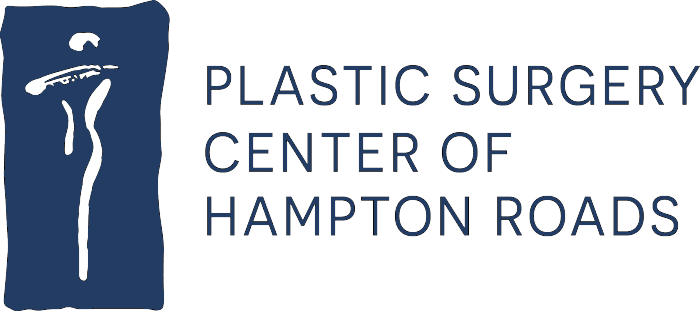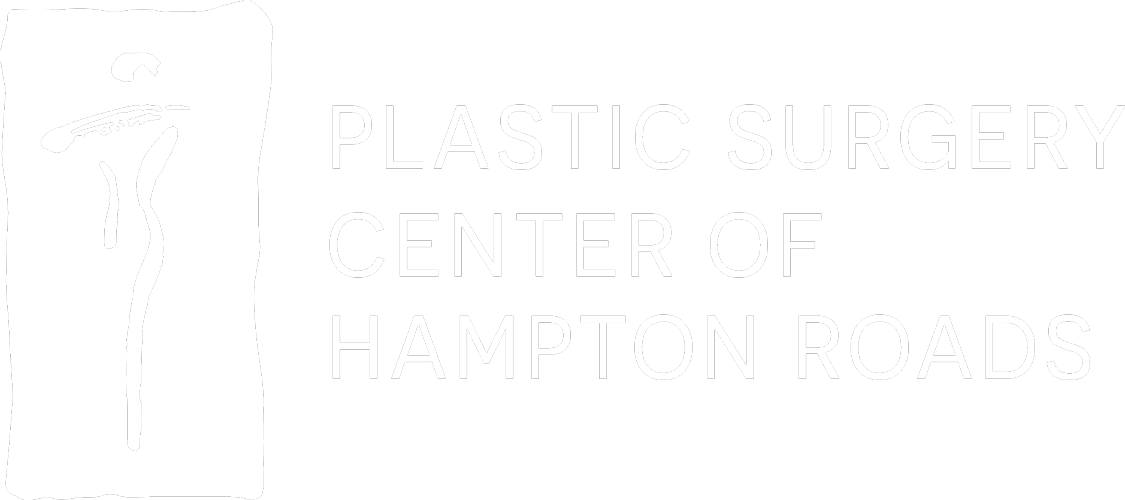Whether you’ve had a facelift, tummy tuck, or another procedure, your plastic surgery journey doesn’t end in the operating room. Recovery is a critical phase that can directly affect the quality of your results. The choices you make after surgery (how you rest, what you eat, and how you follow instructions) can significantly influence your healing timeline and long-term outcome.
At the Plastic Surgery Center of Hampton Roads in Williamsburg, we guide you through every phase of the process, from the initial consultation to the final stages of recovery and beyond. Our board-certified surgeons provide detailed aftercare plans tailored to your unique procedure and body, so you’re never left wondering what to do next. In this article, we share five essential tips to help you recover faster, feel better sooner, and get the most out of your plastic surgery.
1. Manage pain proactively and responsibly
Pain is a natural part of the healing process after plastic surgery, but managing it can make all the difference in your recovery. Uncontrolled pain can interfere with sleep, elevate stress levels, and slow down your body’s ability to heal. Follow these instructions to manage your pain:
- Follow your surgeon’s medication plan: Always take prescribed pain medications exactly as directed. Don’t wait until the pain becomes unbearable. Staying ahead of it is key.
- Use cold compresses: Ice packs (wrapped in cloth) can help minimize swelling, especially in the first 48 hours. Just be sure to avoid placing them directly on your skin or incisions.
- Take antibiotics if prescribed: Preventing infection is just as important as managing discomfort. Complete the full course, even if you feel fine.
At the Plastic Surgery Center of Hampton Roads, our plastic surgeons customize your pain management protocol to ensure you’re comfortable and safe during every stage of healing.
2. Engage in light movement (but don’t overdo it)
While it may be tempting to rest completely after surgery, prolonged immobility can lead to complications like stiffness, blood clots, or poor circulation. Gentle movement is essential for keeping your body functioning optimally during recovery.
- Start with short walks: Begin by taking a few steps around your home as soon as you’re cleared by your surgeon. These mini walks stimulate blood flow and encourage faster healing.
- Skip the gym (for now): Avoid any strenuous activity, including lifting heavy objects or vigorous workouts. Listen to your body, and, more importantly, your surgeon.
- Ease back into activity: When you’re ready, your provider will guide you on how to reintroduce stretching, yoga, or other physical activities.
Our team in Williamsburg, VA, will provide personalized guidelines so you know exactly when and how to reintroduce movement into your routine safely.
3. Avoid smoking and alcohol before and after surgery
If you want to recover as quickly and smoothly as possible, you’ll need to ditch the cigarettes and skip the happy hour. Smoking and alcohol can severely disrupt your body’s ability to heal.
- Smoking restricts blood flow: Nicotine constricts your blood vessels, reducing the delivery of oxygen and nutrients to surgical sites, which can delay healing and increase scarring.
- Alcohol increases swelling and thins the blood: It can also interfere with anesthesia, pain medication, and your immune response, all of which are crucial in the post-op period.
We advise all patients at the Plastic Surgery Center of Hampton Roads to stop smoking and drinking at least two to four weeks before and after surgery, but your surgeon may recommend an even longer break depending on your procedure to ensure optimal results.

4. Follow a nutrient-rich, hydrating diet
Your body has just been through a major transformation. Now, it needs quality fuel to repair and regenerate. What you eat and drink during recovery impacts how you feel and heal.
- Prioritize lean proteins: Protein is essential for tissue repair and regeneration. Include sources like chicken, fish, eggs, legumes, or tofu in your meals.
- Eat your fruits and veggies: Vitamins A and C, zinc, and antioxidants found in fresh produce can help boost your immune system and reduce inflammation.
- Stay hydrated: Aim to drink plenty of water throughout the day. Proper hydration aids digestion, helps control swelling, and supports cell function.
We offer post-operative nutrition guidance to all patients at our Williamsburg office, so you know exactly what to stock in your fridge and pantry during recovery.
5. Follow every instruction from your surgeon
There’s a reason your surgeon gives you specific aftercare instructions: they support healing and prevent setbacks. Ignoring or modifying them can increase your risk of infection, poor scarring, or delayed results.
- Don’t skip medications or appointments: Use all prescribed treatments as instructed, and don’t miss your follow-up visits, which allow your surgeon to monitor your progress.
- Protect your skin from the sun: UV rays can darken scars and slow healing. Wear protective clothing and avoid sun exposure on healing incisions for several weeks.
- Ask questions if you’re unsure: Every person and every procedure is different. When in doubt, reach out to your surgical team for clarification.
At the Plastic Surgery Center of Hampton Roads, we ensure you’re never dealing with recovery alone. Our team is always available to support you through every step of the aftercare process.
Are you prepared for your recovery?
A smooth, speedy recovery is just as important as the procedure itself. By managing your pain, moving mindfully, nourishing your body, and closely following post-op instructions, you set the stage for optimal results. At the Plastic Surgery Center of Hampton Roads in Williamsburg, VA, we’re committed to guiding you through every phase of recovery. Let us help you recover with confidence and experience the full potential of your surgical transformation. Schedule your consultation today!


